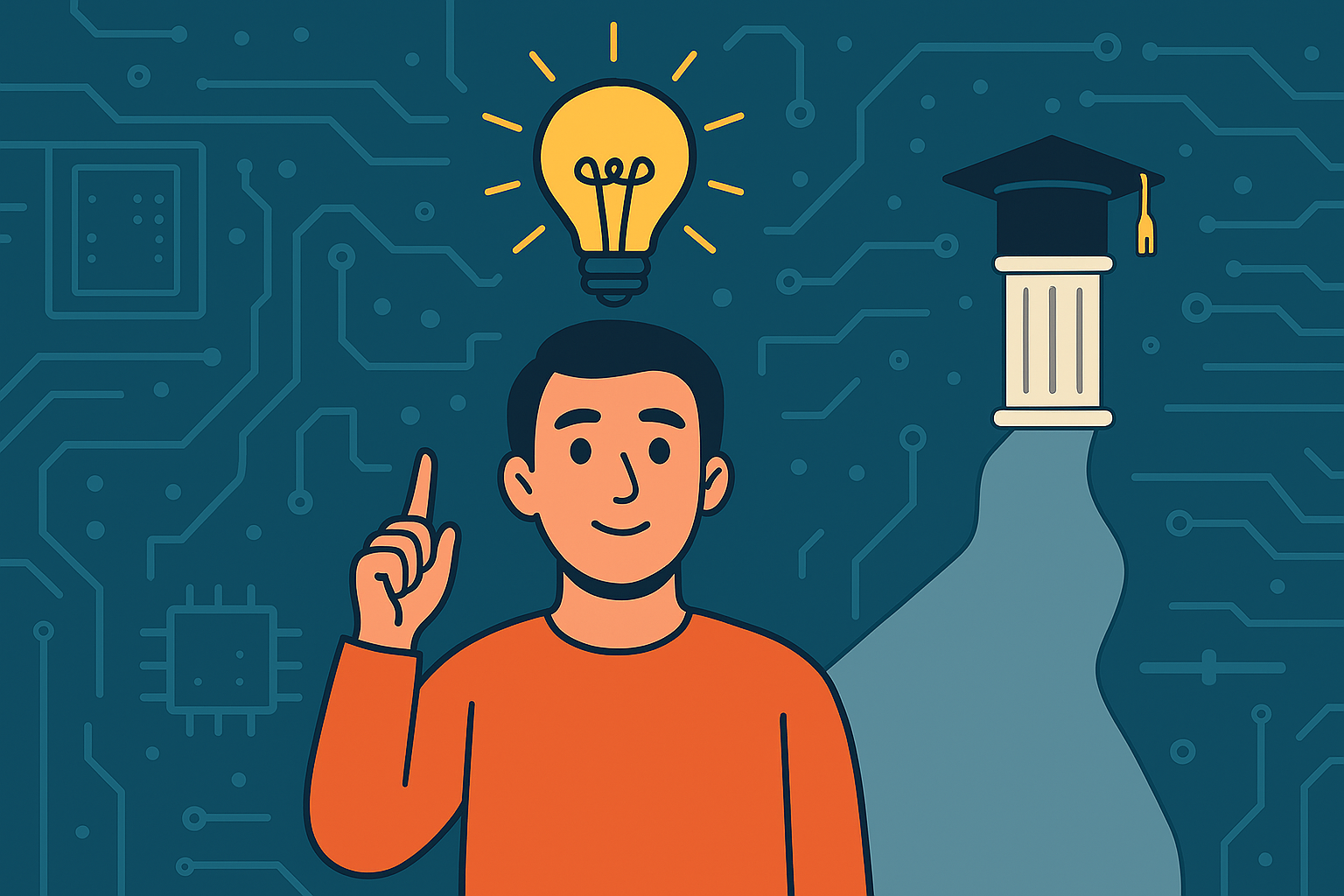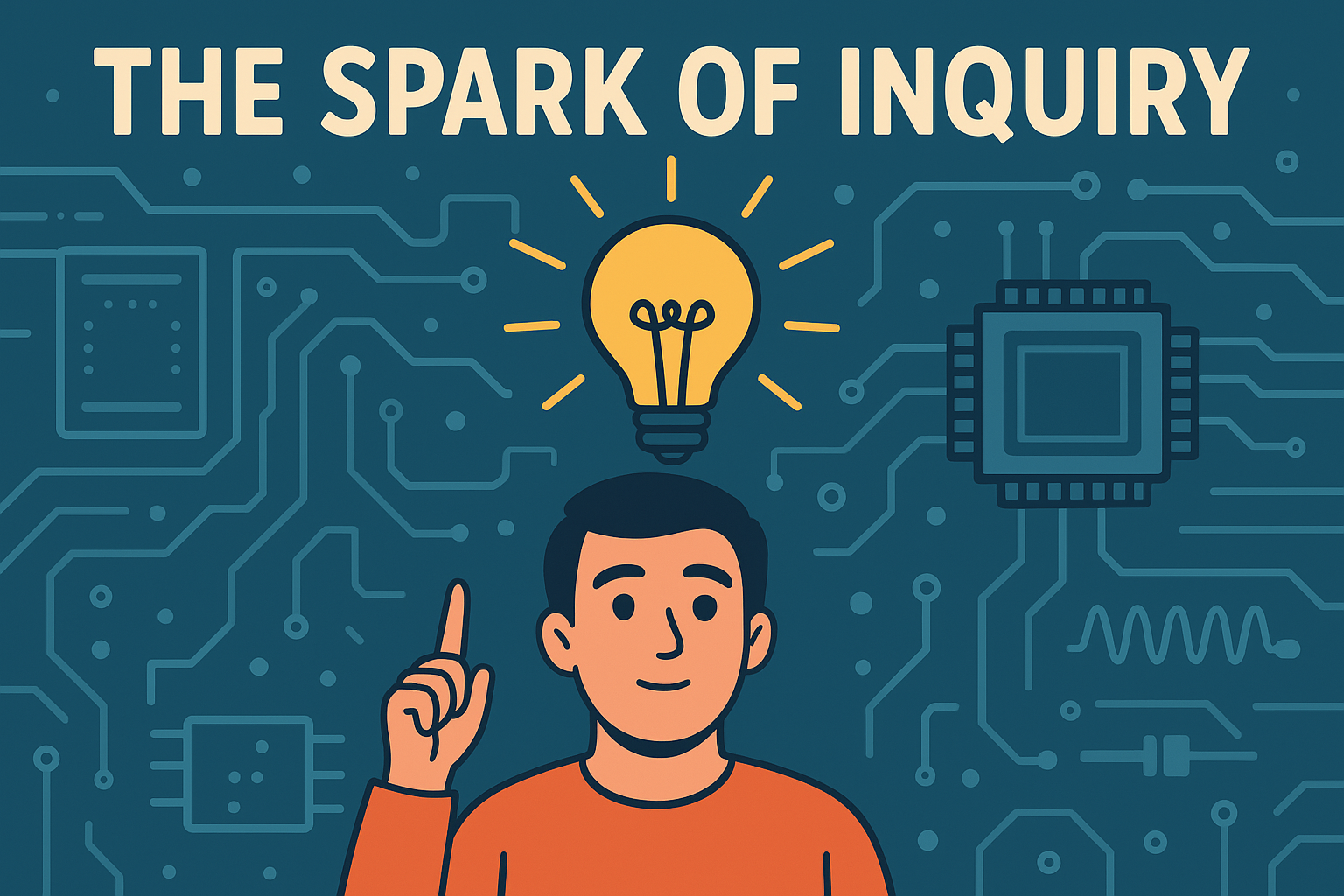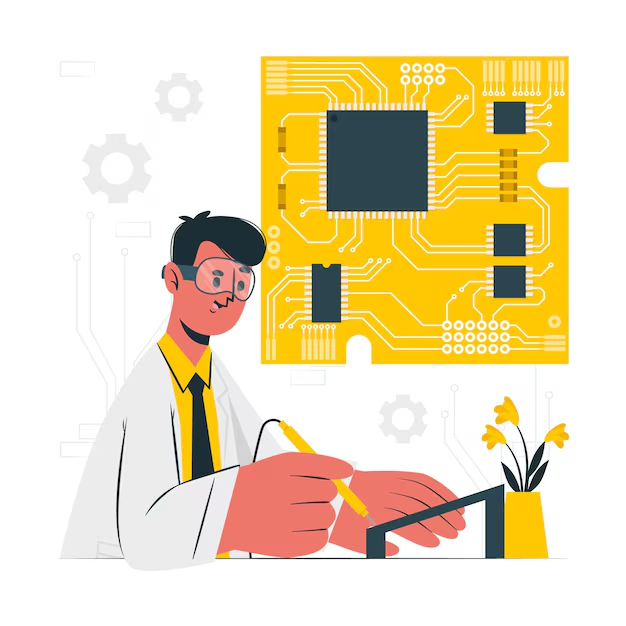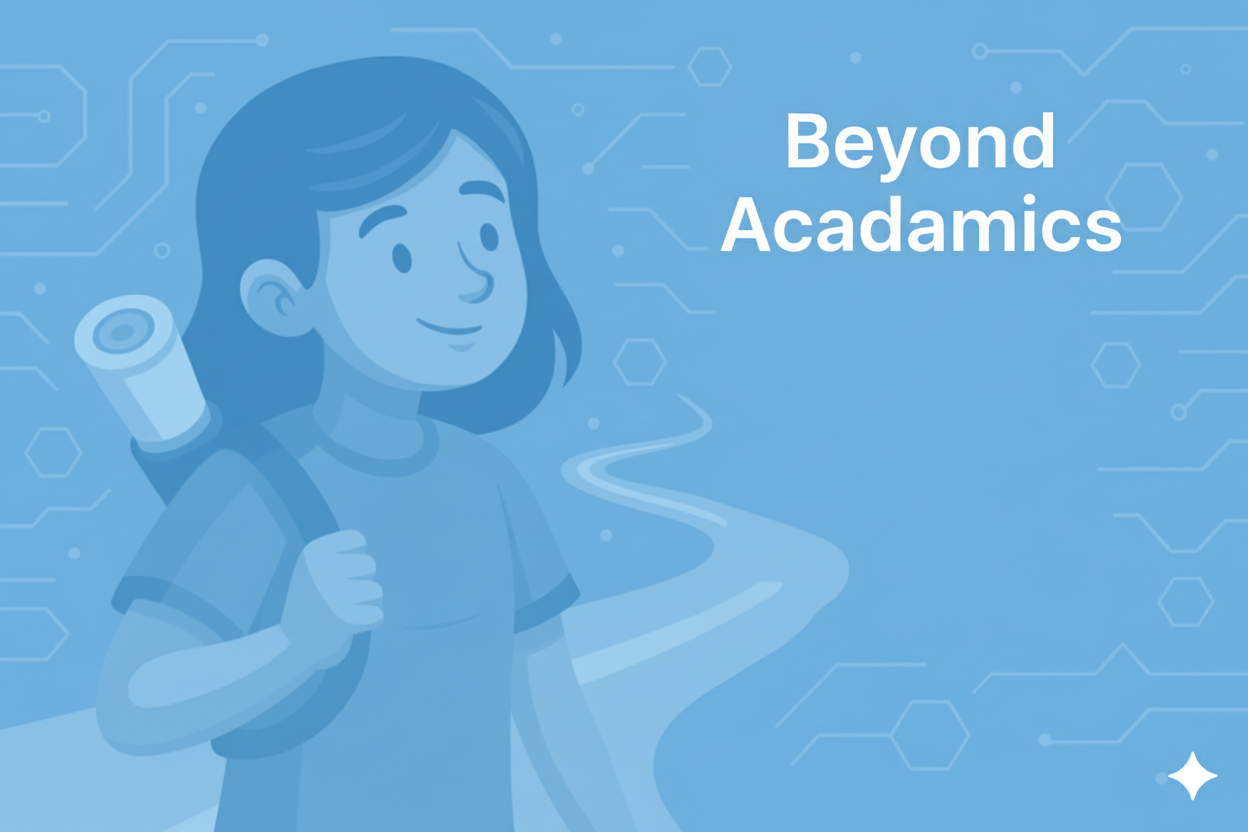
BS (Electronic Systems)
What does it mean to be a student again after nearly two decades in the industry? For Gaurav, a seasoned Electronics and Communication Engineer and Data Scientist at IBM, his return to the classroom wasn’t about chasing another credential; it was about pursuing deeper learning and personal growth.
Having completed his engineering in Electronics years ago, Gaurav had always held a spark for circuits and systems. So, when he stumbled upon the launch of IIT Madras’ BS degree in Electronic Systems, he eagerly embraced the opportunity. Now pursuing the program with a stellar CGPA of 9.1, Gaurav reflects, “It’s been something of a revelation.”
Even with a thriving career, Gaurav found himself pulled back to academia by the compelling nature of this program – its structure, rigor, and intent. He notes that one of its most profound aspects is how it has democratized access to the high- caliber education offered by IIT Madras. In fact, the program’s design demands a deeper kind of discipline, especially for working professionals. “The exams are designed so that scoring full marks isn’t accidental; it takes serious effort,” he shares.
Juggling a full-time job and rigorous coursework isn’t easy. Gaurav calls the time he spends studying “borrowed time” and credits discipline as the key to balance. “This course has made me ask myself again and again if I’m truly committed and each time, the answer has been yes.”, he confesses. The coursework, though delivered online, mirrors the intensity and authenticity of any on-campus program, offering learners, regardless of geography, age, or prior academic performance, a chance to prove themselves.
The curriculum’s strength lies in its blend of theory and practical applications, and its hands-on approach to electronics education. Lab sessions, he explains, are more than just checkboxes; they’re immersive experiences. Even with his background in electronics, Gaurav found himself working with FPGA boards for the first time during the degree’s lab sessions.
“The labs culminate in a campus visit, where students work on larger projects, reinforcing every concept they’ve learned,” he explains. From optimizing hardware processes to collaborating across tech teams, the practical insights from this program have made him more confident, agile, and solution-oriented, he adds.
But the learning extends beyond circuits and code; the program’s networking opportunities are equally powerful. Gaurav highlights the invaluable exposure to platforms like the IITM Research Park, appreciating “how meaningfully the institute is pursuing its objective of driving entrepreneurship through the student community.”
He notes that this environment inspires him to stretch beyond expectations. This degree has also sharpened his technical acumen and broadened his problem-solving perspective, directly enriching his work and approach, he says.
Gaurav fondly recalls his visit to the IIT Madras campus for a lab session, and how a casual conversation with Prof. Sudarshan from the Electronic Systems department turned into an enriching two-hour discussion on a vast range of topics. “You can speak with them about anything and they welcome it with open hearts,” he says, cherishing the mentorship. He believes that this degree doesn’t just open academic doors, it builds character, fosters soft skills through humanities electives, and empowers learners to stand shoulder to shoulder with the best.
Describing the campus as, “the college is inside a forest and the forest is inside a big metropolis,” Gaurav paints a picture of IIT Madras as both serene and intellectually electric. He sees IITM’s Research Park as a bridge between a student’s academic curiosity and the professional world’s dynamic demands. Reflecting on his journey, he shares a thought that resonates deeply: “Getting into the program is a one-time decision, but what you make of it is a lifelong commitment.”




